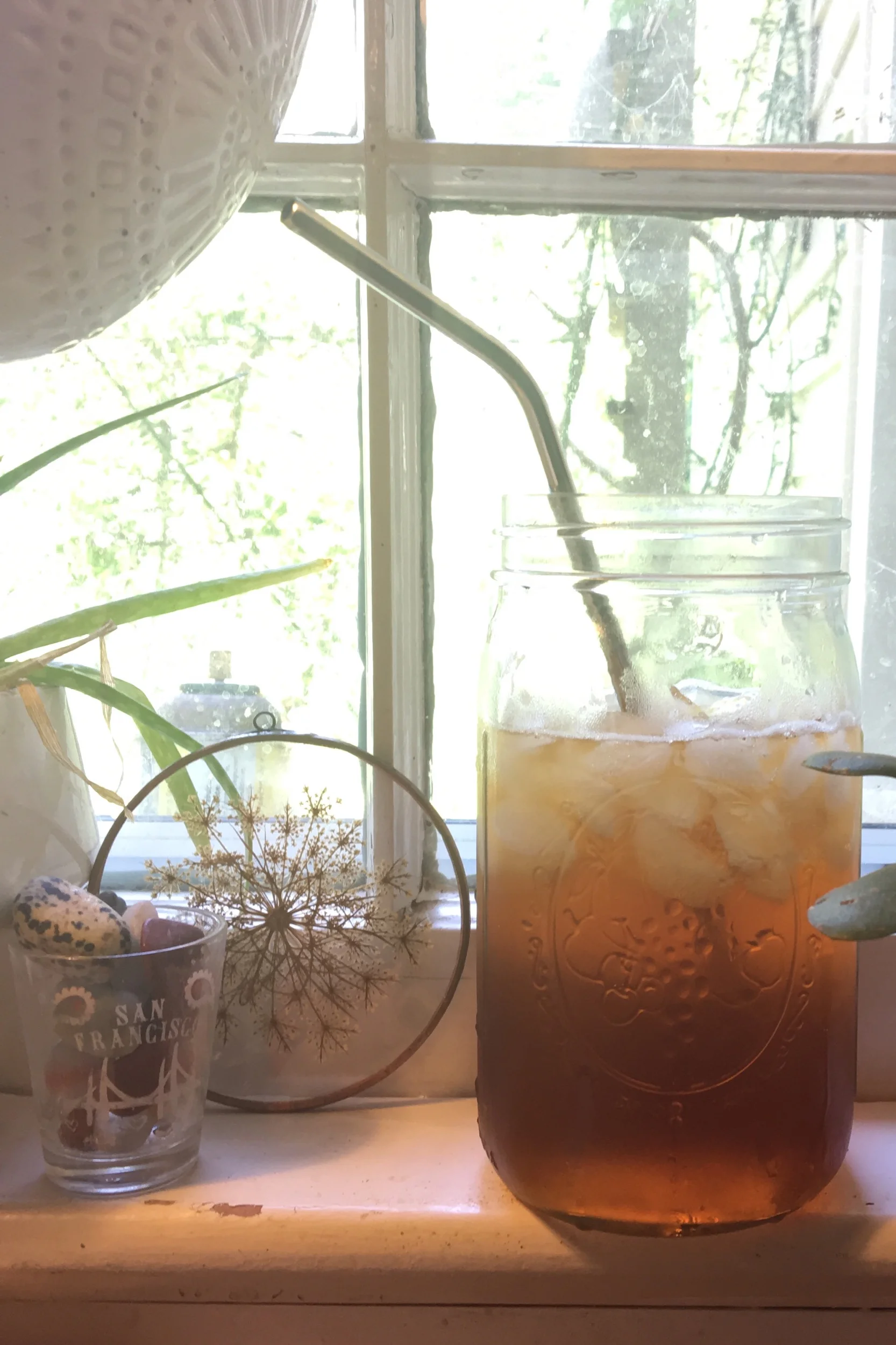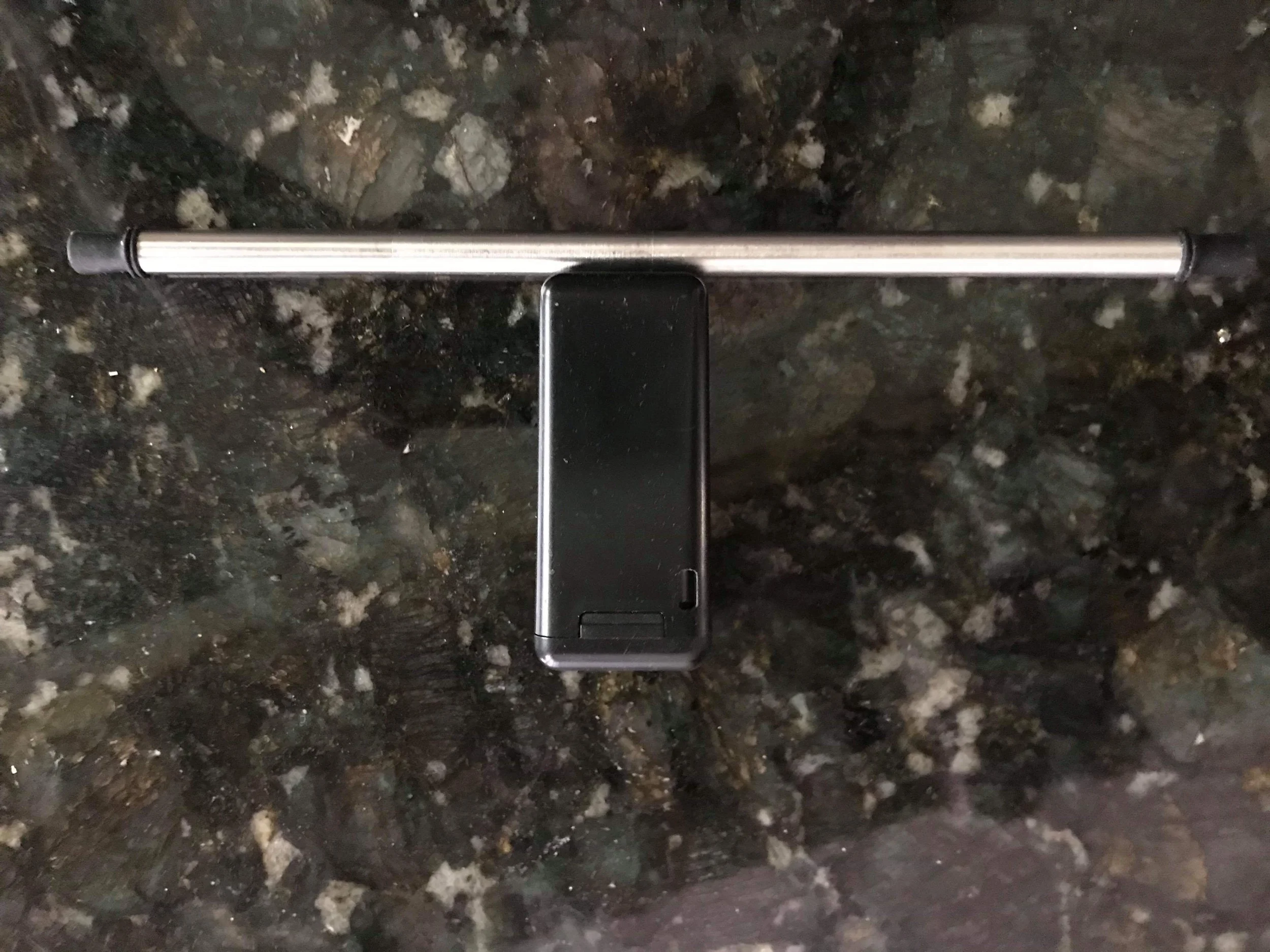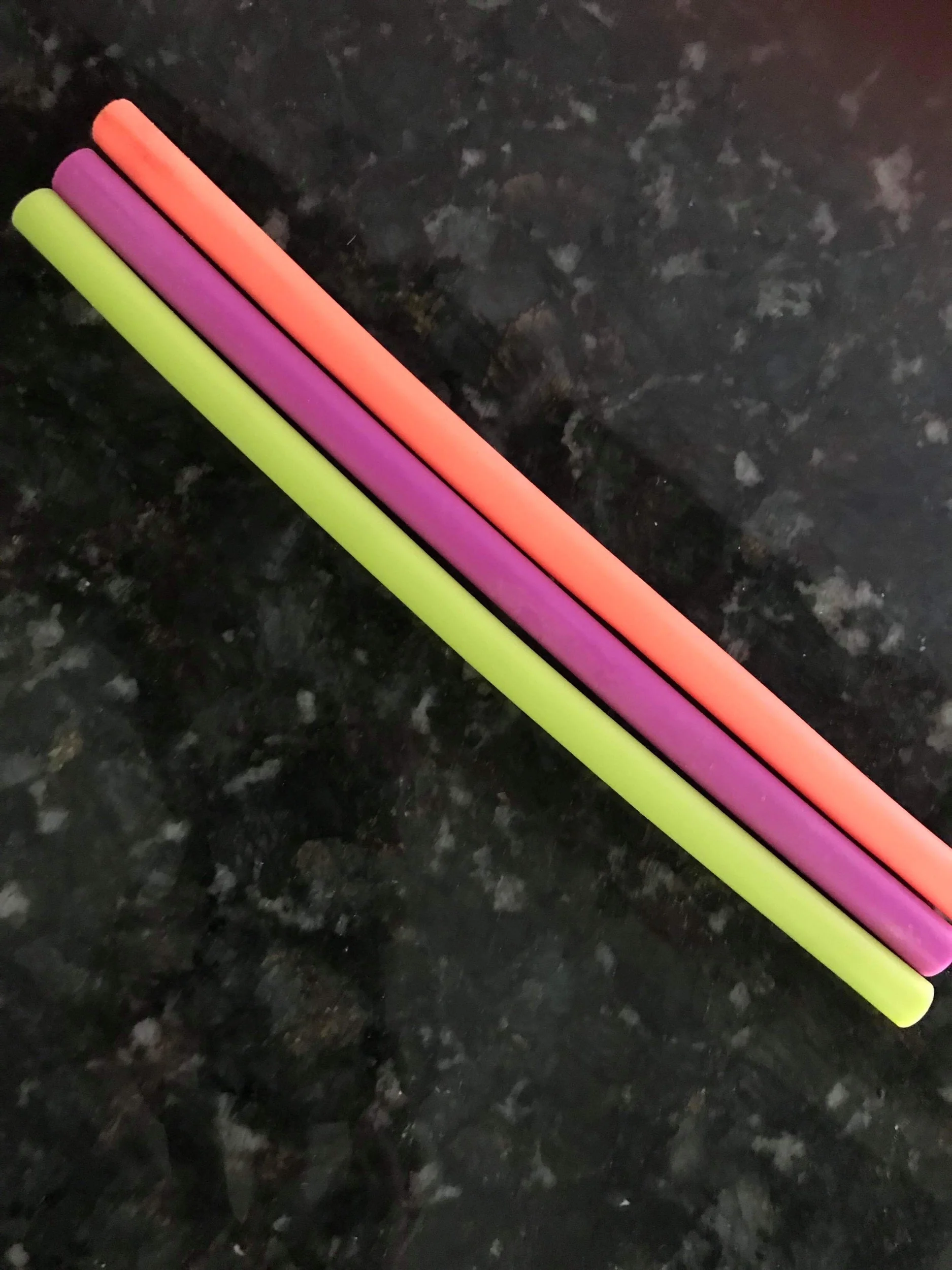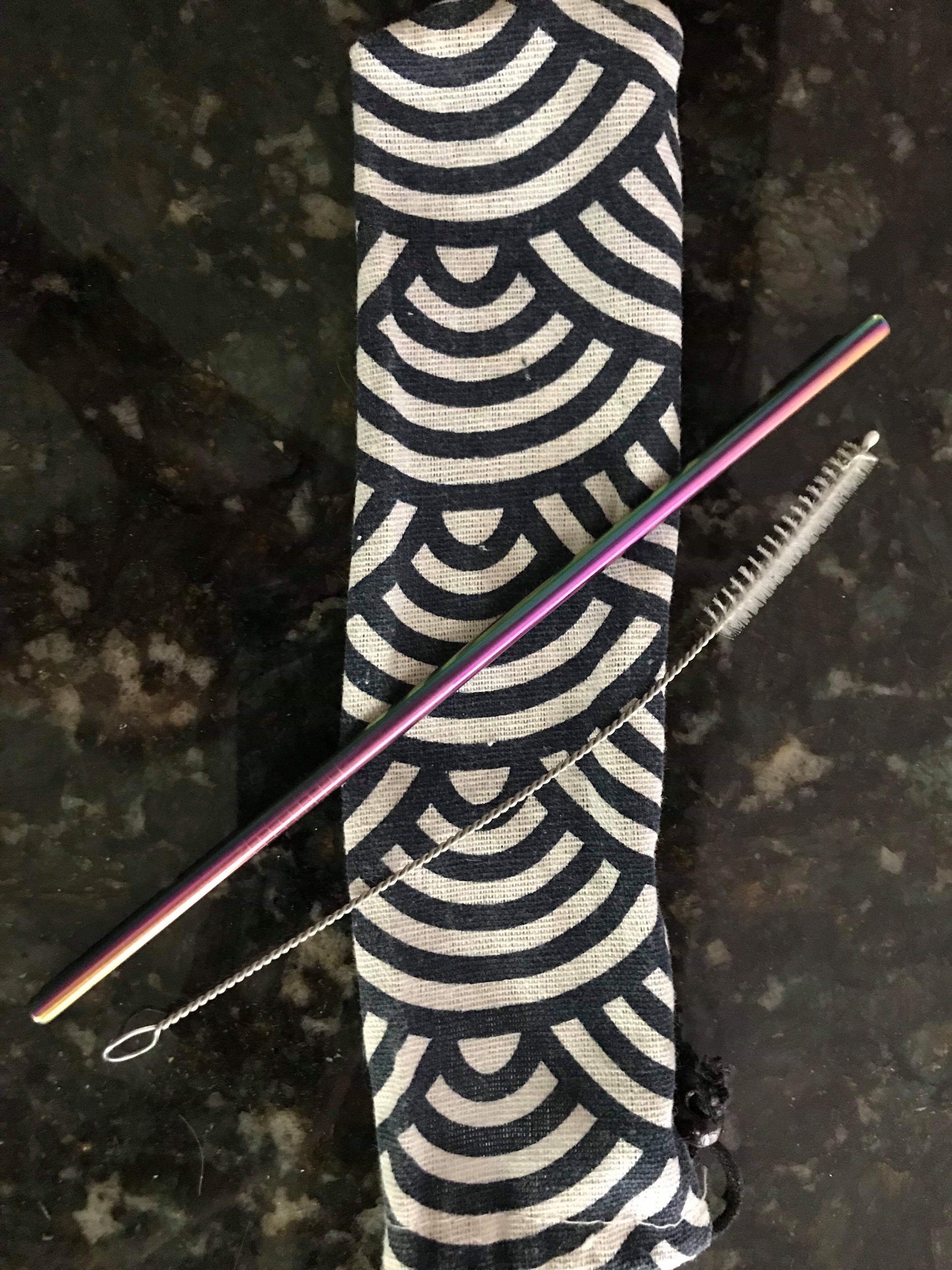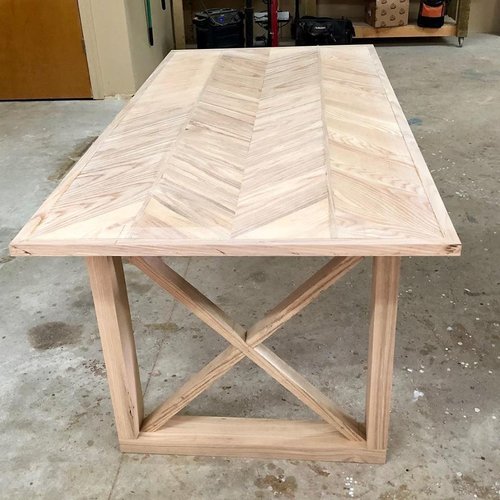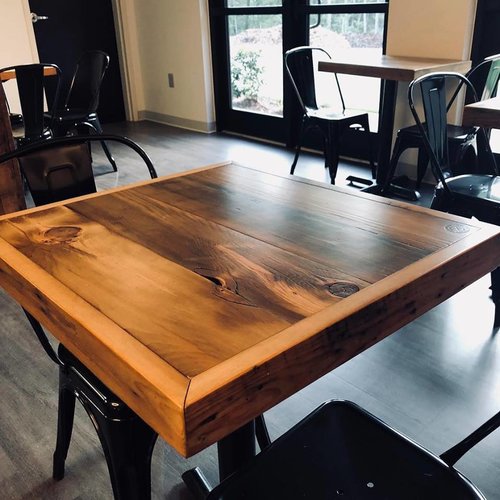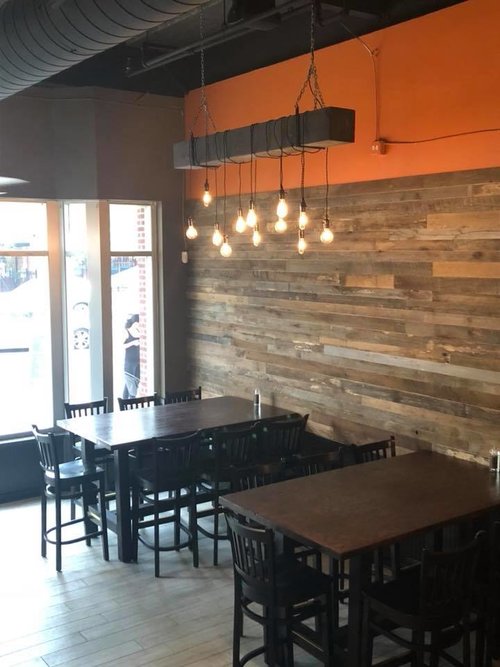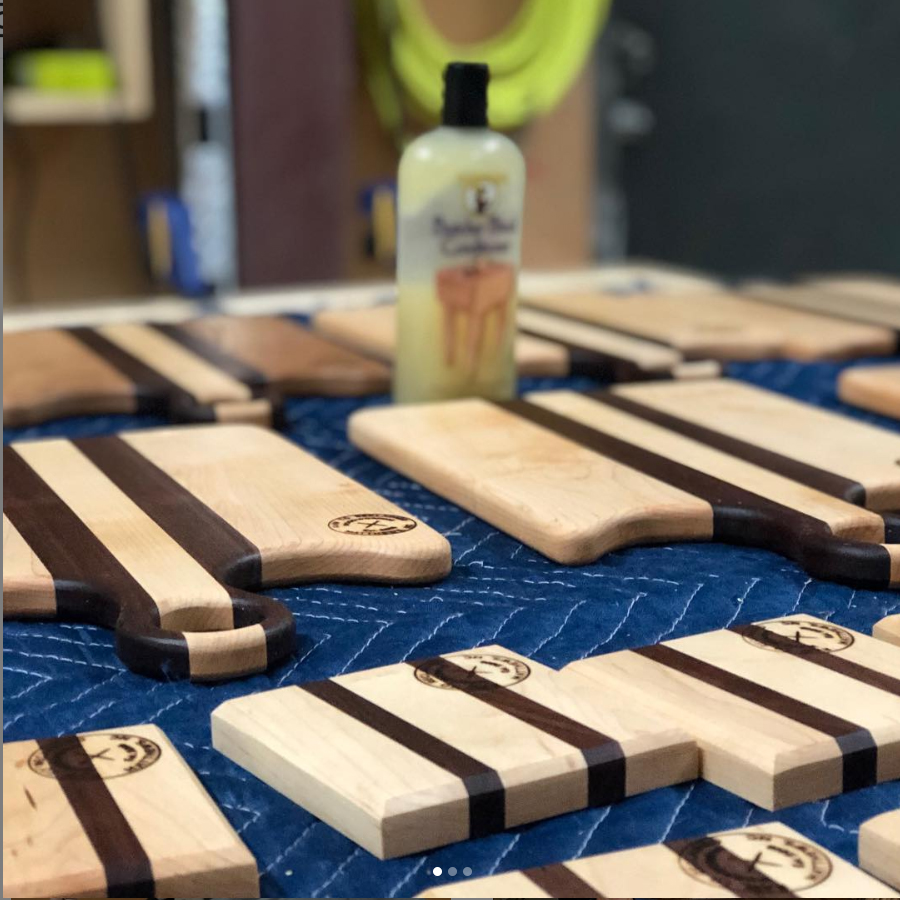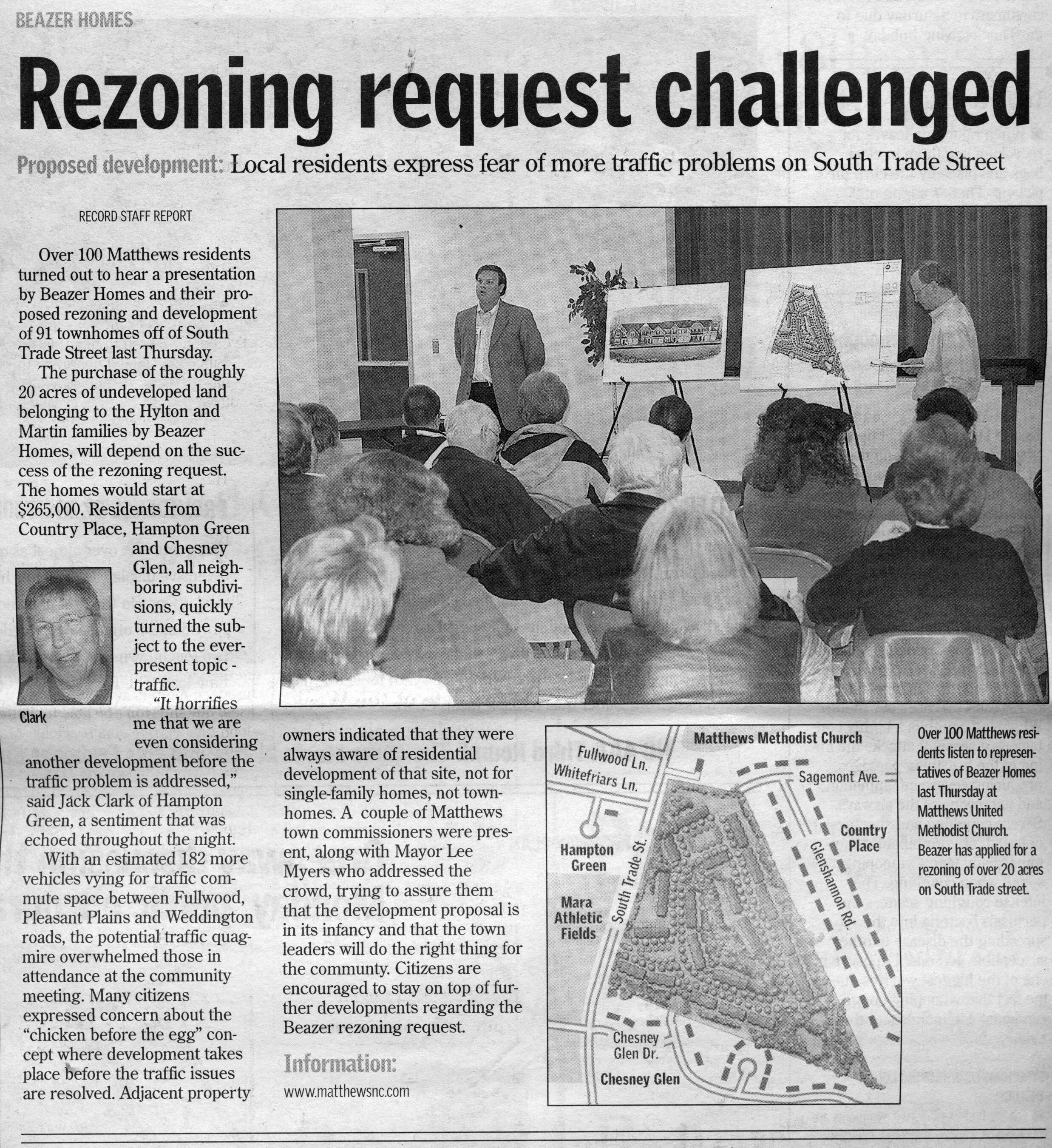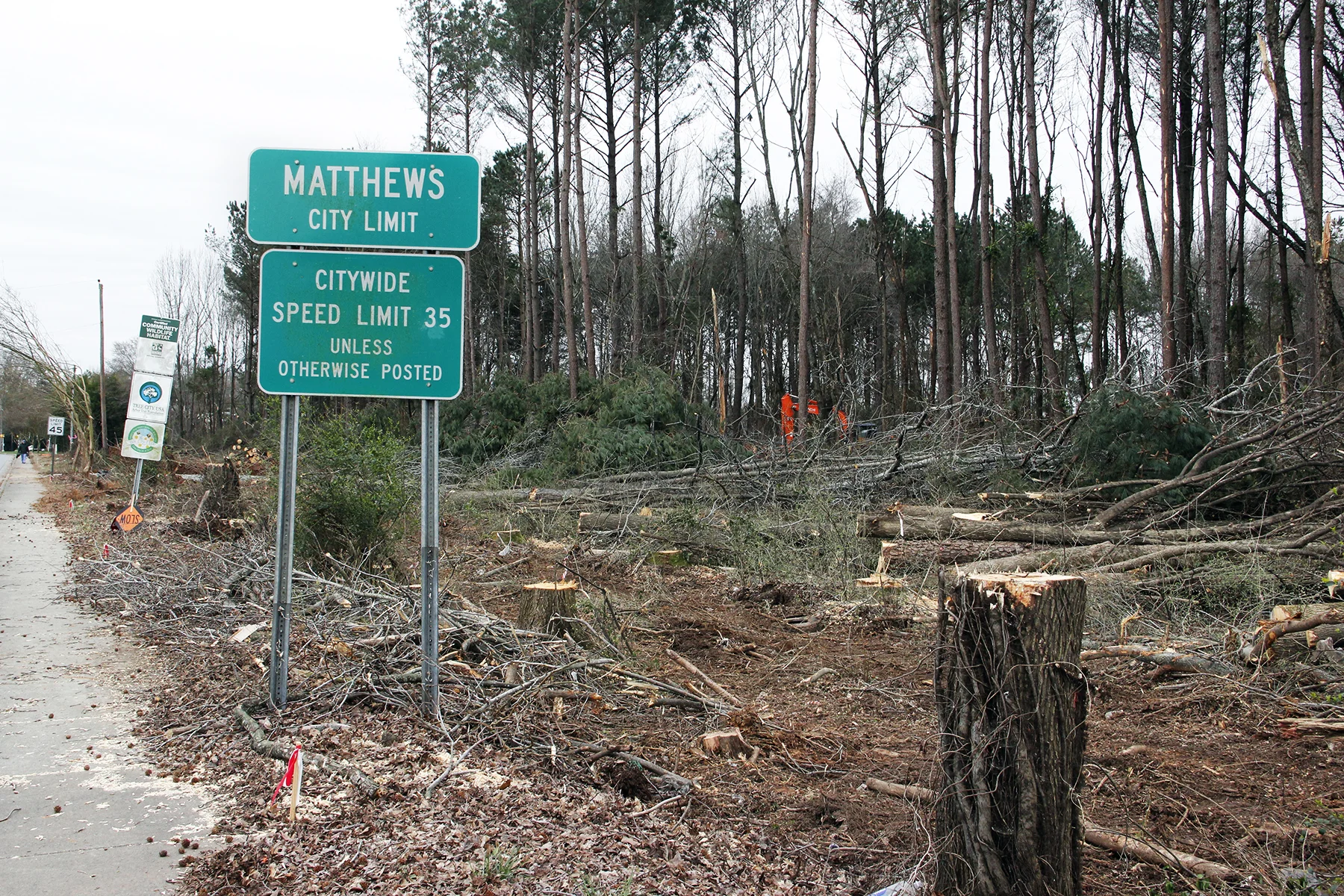It’s hot and I’m bothered.
Why? Because I’m an unabashed, unapologetic tree-hugger. I like big trees and I cannot lie! Because I’m a Central Carolinas Master Naturalist, National Wildlife Federation Habitat Steward and Habitat Host and Habitat Ambassador, and Audubon Ambassador, and Mecklenburg County Master Composter, and have certificate in Native Plant Studies from UNCC I get a lot, repeat, a lot, of feeds to my Facebook account on all things environmental.
And folks, let me tell you, we’re in a mess. Between habitat loss, mass tree-cuttings, use of exotic plants instead of natives, loss of environmental legislation, climate change, and the huge issue of plastic use (just to name a few), we’re in a big mess.
The question is, what the heck can we do about it???? As individuals we can’t set policy, single-handedly control elections, change the behavior of manufacturers. But we can still take action and make a difference.
I’m going to be sharing a variety of ideas in the coming weeks. What I’m hoping is that you find a few of them that you will commit to.
Let’s start with straws.
Let’s start with straws. I’ve seen some articles that said straws are not a big problem in the overall scheme of things. But straws are an easy thing for us to control, so let’s start there.
First, just say no. When you’re eating out and a server gives you a straw, smile and give it back. I always do it at the beginning of the meal so that it doesn’t get wet or dirty, and I don’t know what happens to unused straws at the end of the meal. Are they put back into the box or thrown out because they’ve been on the table?
If you really want to use a straw, take your own. There are so many options to choose from. I’m including some pictures. I found all these online. They’re cheap and durable.
No more plastic water bottles
The next step? No more plastic water bottles. According to www.earthday.org humans purchase 1,000,000 plastic bottles per MINUTE. The really horrible thing is that the US only recycles about 23% of theirs.
Butts don’t swim
Final idea for today: if you’re a smoker, please don’t throw your butts on the beach or in our bodies of water. Please don’t toss them on the ground where they can be swept into our storm drain system, ultimately ending up in our streams and rivers. Chemicals that leach from the cigarette are often toxic and harm wildlife, bodies of water, and the ecosystem.
Here’s a visual for you: in 2018 the Ocean Conservancy’s annual clean-up resulted in 2,412,151 cigarette butts being collected. According to oceanconservancy.org those butts would line the distance of five marathons!
If you’re someone who loves going to the beach, pick up trash while you’re there. You’ll do a good deed and get some exercise. Get your kids involved, too.
I was with a group of friends at a local coffee shop recently. I always have a reusable straw in my purse, but I was really happy to see a friend pull one out. Another friend questioned her about it and she replied that she only uses it on Thursday afternoons at the coffee shop.
Room for improvement? Sure. But it’s a starting point. It’s a change and it’s moving in the right direction.
